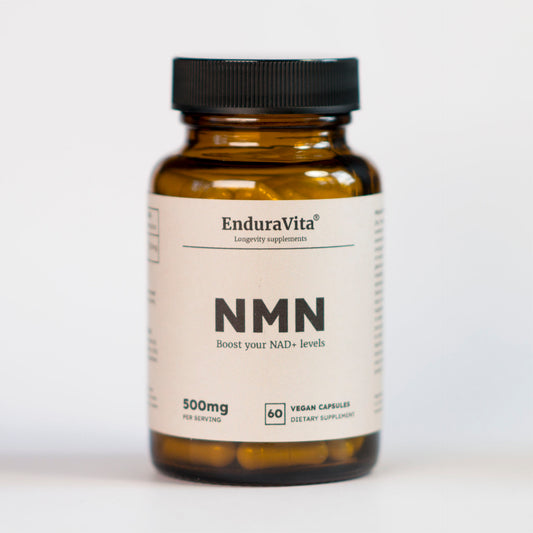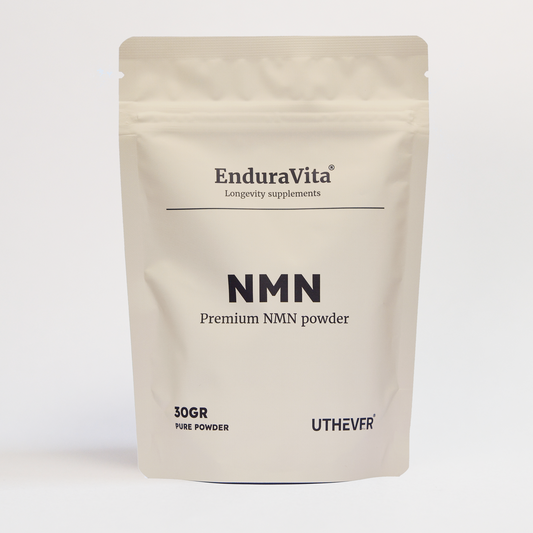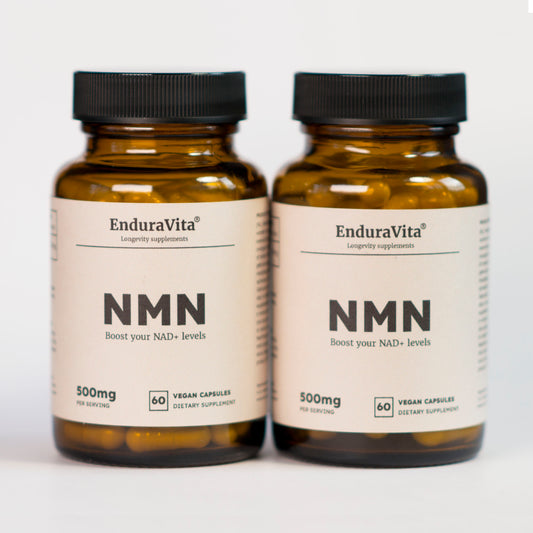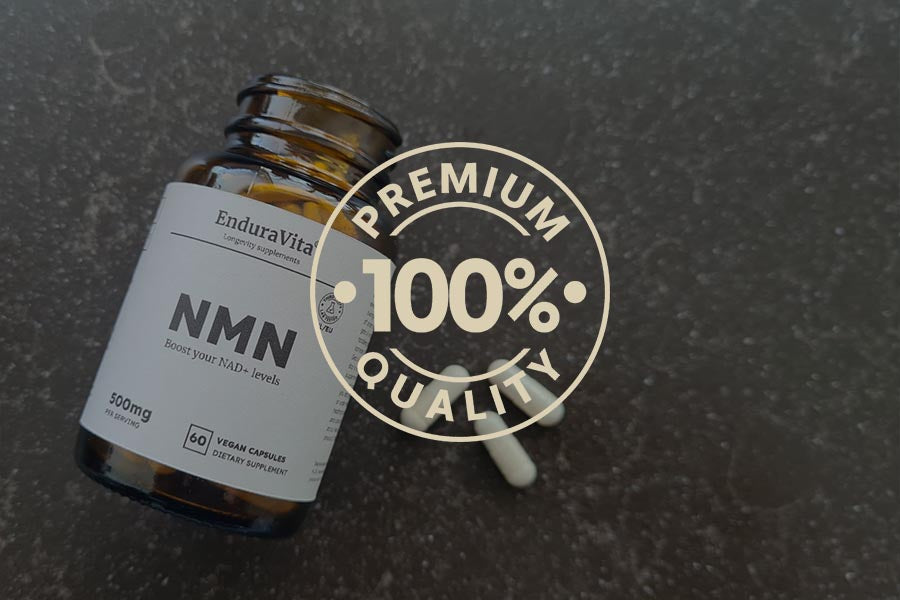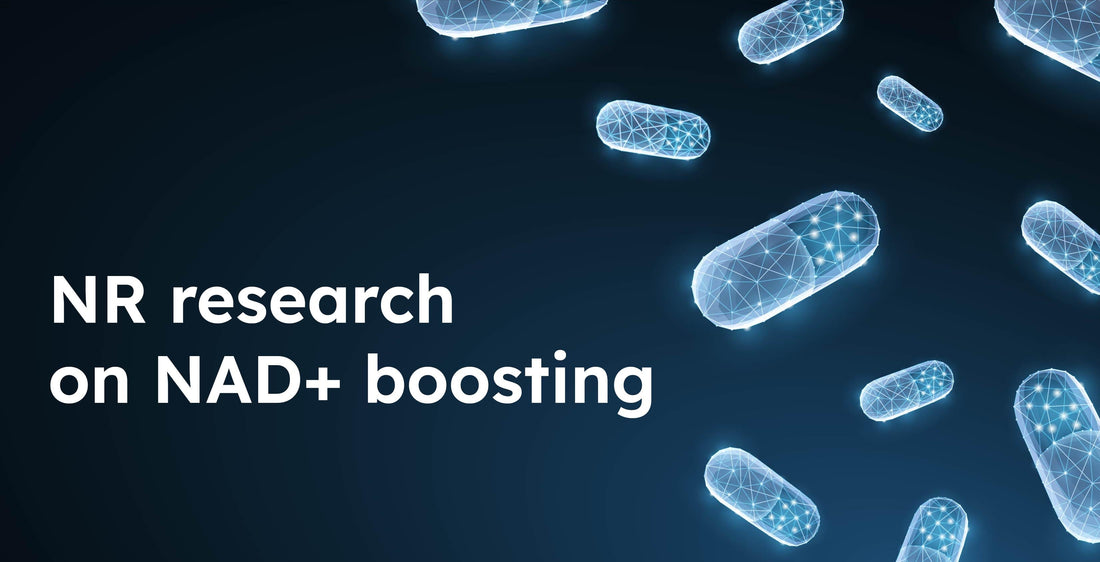
What do clinical studies say about the NAD+ increase by Nicotinamide Riboside (NR)?
Nicotinamide Riboside (NR) is often presented as an effective NAD+ booster. But what does clinical research really say about it? In this article, we discuss three of the most important studies that have shown that NR actually leads to a measurable increase in NAD+ levels in the human body.
1. Study by Trammell et al. (Nature Communications, 2018)
This double-blind, placebo-controlled study is often regarded as one of the most compelling investigations into the NAD+-boosting effect of NR. Participants were administered oral NR supplements, resulting in an average increase of approximately 60% in NAD+ levels in peripheral blood mononuclear cells (PBMCs), compared to the placebo group.
Importantly, this increase was also accompanied by elevated levels of NAD+ metabolites, suggesting that NR not only increases NAD+ but also actively supports the NAD+ cycle. This study was one of the first to clearly demonstrate that NR is bioavailable and affects NAD+ metabolism in humans.
Link to study: https://www.nature.com/articles/s41467-018-03421-7
2. Study by Dollerup et al. (Cell Reports, 2019)
In this study, twelve older men were administered 1 gram of NR daily for 21 days. The primary aim of the study was to investigate the effects of NR on mitochondrial function in muscle tissue. Additionally, NAD+ levels in the muscles were examined.
The researchers observed a significant increase in NAD+ levels in muscle tissue, which is important because muscle cells are often more difficult to access with supplements. Although the increase was not as spectacular as in blood cells, this study confirms that NR also has an effect in peripheral tissues such as muscle mass.
Link to study: https://www.sciencedirect.com/science/article/pii/S2211124719309404
3. Brain-specific study (Wiley Online Library, 2021)
A more recent study examined the effect of NR on NAD+ levels in the brain. Healthy volunteers received a single dose of NR, after which advanced imaging techniques (such as 31P-MRS) demonstrated that the NAD+ levels in the brain actually increased.
This is particularly relevant because many NAD+ precursors have difficulty crossing the blood-brain barrier. The fact that NR can do this opens up prospects for neuroprotective applications and cognitive support in aging.
Link to study: https://onlinelibrary.wiley.com/doi/full/10.1002/mrm.30227
Conclusion
Clinical evidence convincingly shows that NR is capable of increasing NAD+ levels in various tissues of the human body: from blood and muscles to even the brain. Although the degree of increase depends on dosage, duration, and tissue type, these three studies confirm that NR is a powerful NAD+ precursor with systemic effects.
Are you looking for scientifically backed support for your cellular metabolism and energy levels? Then NR might be an interesting option for you.

